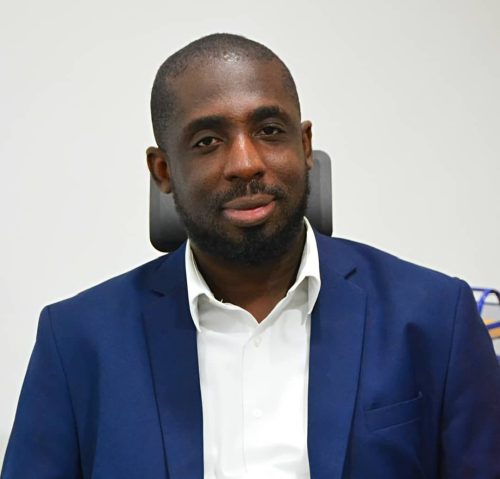

By Enock Akonnor (Managing Editor) enockakonnor2013@gmail.com

+233 541921562

The Ghana National Council of Private Schools (GNACOPS) has expressed deep concern over the recurring chaos surrounding the Computerized School Selection and Placement System (CSSPS), warning that the system’s flaws are undermining the objectives of the Free Senior High School (Free SHS) policy.

In a strongly worded statement issued this week and copied to the office of www.leakyghana.com, GNACOPS described the recent scenes at the Ghana National Association of Teachers (GNAT) Hall in Accra as a “painful reflection of systemic failure,” where parents and students queued for hours and in some cases, days in desperate attempts to resolve placement challenges.
According to GNACOPS, the 2025 school placement cycle saw 107,509 qualified candidates representing 18.2% of BECE candidates, unable to secure automatic placement into any of their chosen senior high schools.

This staggering figure, the council says, speaks to deep structural and technological weaknesses in the current CSSPS framework.
“Each year, families converge in long queues, uncertain about placement results, with many confronted by the reality of non-placement or inappropriate school allocations,” the statement read. “The centralized resolution process at GNAT Hall, though perhaps intended for efficiency, has instead created bottlenecks that delay redress and burden already stressed families.”
GNACOPS attributed the persistent challenges to a range of factors including:
- Limited transparency in the placement algorithm;
- Technical hitches and poor digital infrastructure;
- Disparities in educational access between rural and urban students;
- And inadequate communication channels between education authorities and the public.
The organization called for a pragmatic overhaul of the CSSPS process, centered on decentralization and local empowerment.
“We have consistently opposed the reinforcement of centralized national resolution centers,” the statement emphasized. “The most viable path forward lies in strengthening District Education Offices to become frontline hubs for resolving placement challenges quickly and equitably.”
GNACOPS argued that empowering local education offices would not only reduce the physical and financial strain on families but also improve turnaround times and public trust in the system.
In addition to decentralization, the group is urging government and the Ghana Education Service (GES) to:
- Invest in robust digital platforms to handle placement queries;
- Develop policies that promote equity and inclusivity;
- And address infrastructure gaps that disadvantage students in rural and underserved communities.
The statement concluded with a call to action for all stakeholders from policymakers and educators to parents and civil society to prioritize long-term reforms that align with the core values of the Free SHS policy: accessibility, fairness, and quality.
“Ghana’s SHS placement system stands at a critical crossroads,” said Obenfo Nana Kwasi Gyetuah, Executive Director of GNACOPS. “For the sake of students striving for a better future, and for the integrity of our educational system, we must move toward localized empowerment and transparent innovation.”
Source; www.leakyghana.com

Enock Akonnor is an experienced Ghanaian journalist, based in Kumasi and currently serves as the CEO and Managing Editor of www.leakyghana.com.
With a wealth of expertise built over many years in the media industry, he has earned a solid reputation as one of Ghana’s most sought-after journalists.
Contact:
📞 +233 541 921 562
✉️ enockakonnor2013@gmail.com








